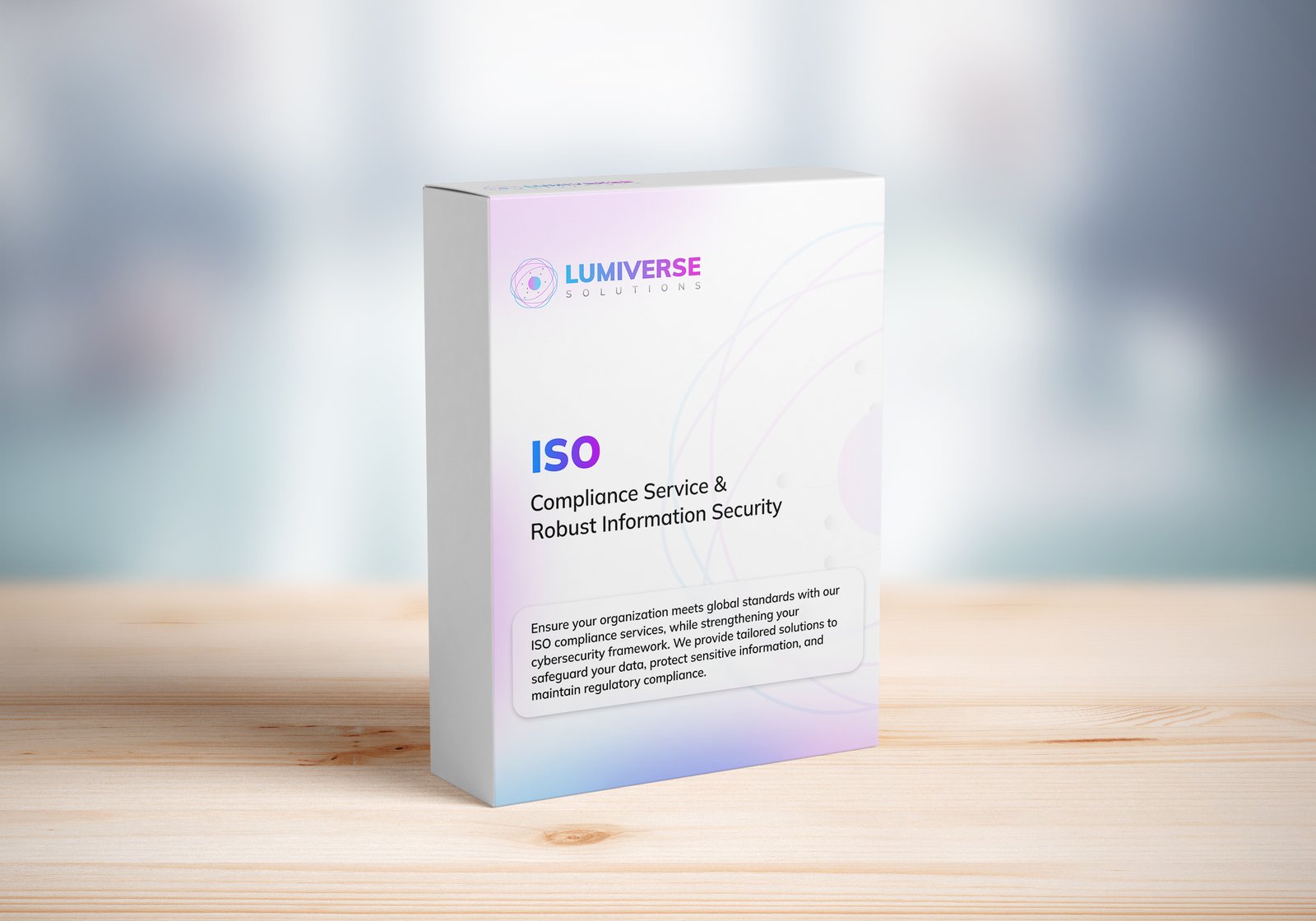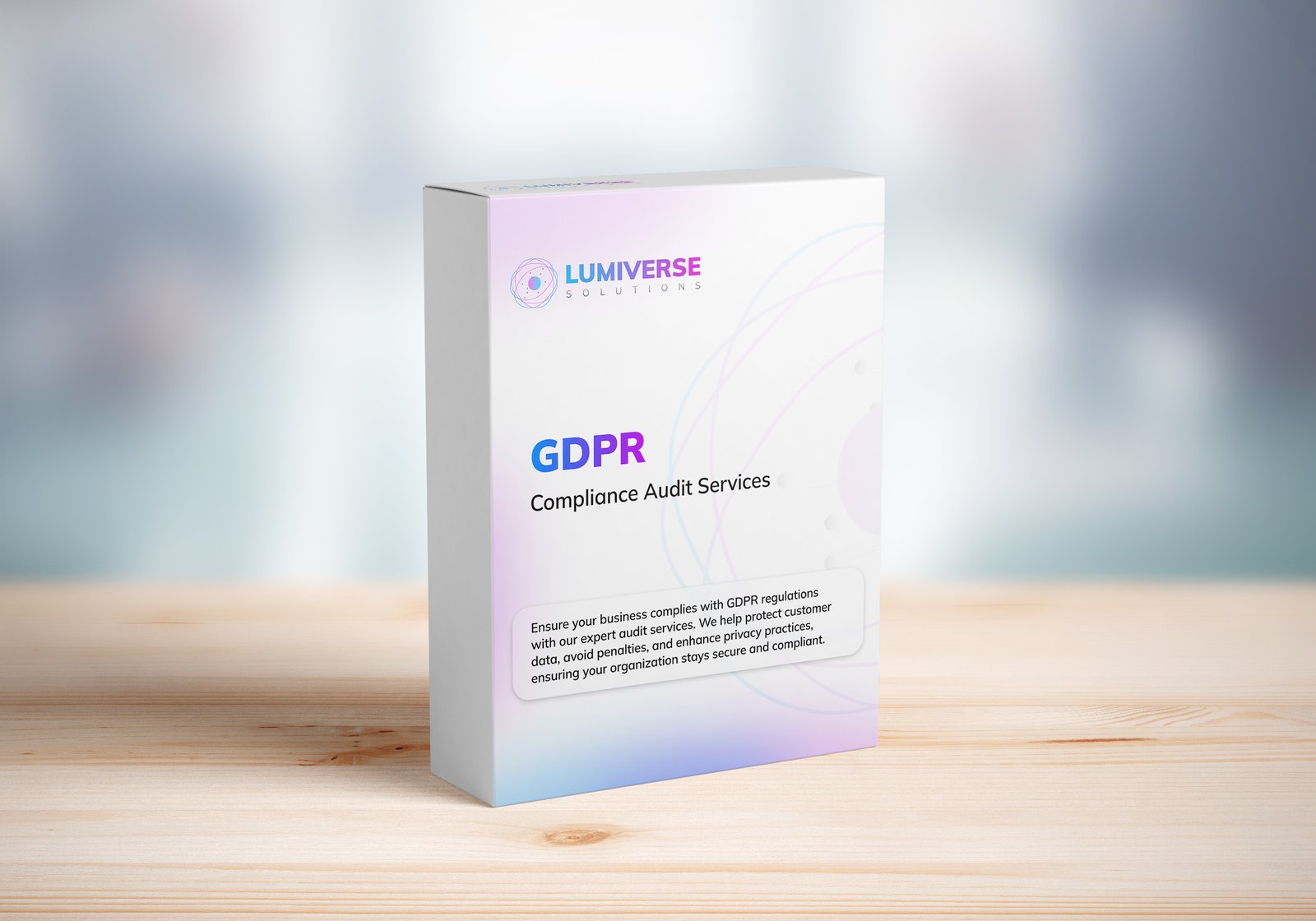SEBI Extends Cybersecurity Compliance by Two Months Know It All

INTRODUCTION
SEBI Extends Cybersecurity Compliance timeline by two months, providing regulated entities (REs) with more time to put into place and strengthen their cybersecurity and cyber resilience framework. The action, as announced by the Securities and Exchange Board of India (SEBI), is crucial for stockbrokers, depositories, mutual funds, and other market intermediaries who are going the extra step to meet stringent security standards.
This extension is not just a relief—it’s also a reminder. In today’s digital-first financial world, cyberattacks are becoming increasingly sophisticated. A well-defined cybersecurity compliance strategy is not optional; it’s essential. By extending the deadline, SEBI is providing breathing space to the industry, but it’s also sending a strong message: cybersecurity is a priority, and compliance is non-negotiable.
Background: Understanding SEBI’s Cybersecurity Framework
SEBI Extends Cybersecurity Compliance notice is among the efforts of a broader regulatory drive towards cybersecurity.
The framework introduces tough policies for:
- Infrastructure Security – All trading and investment infrastructure will be secured.
- Incident Response – Early detection, reporting, and remediation of cyber incidents.
- Data Protection – Securing investor data from breaches and leaks.
- Continuous Monitoring – 24/7 surveillance to detect vulnerabilities.
Timeline of SEBI’s Cybersecurity Compliance Deadlines
- Initial Framework Release – SEBI first issued cybersecurity guidelines in 2015, evolving them over time.
- Mandatory Implementation Phase – Extended to various market participants in different phases.
- Original 2025 Deadline – Most companies were to comply by June 30, 2025.
- Extension Notice – SEBI Now Exts Cybersecurity Compliance deadline to August 31, 2025.
This two-month extension may not be a great deal, but in the IT realm of infrastructure renewal and security scans, every week counts.
Why SEBI Extends Cybersecurity Compliance
Its reason for doing so is because of the following:
- Industry Readiness Gaps – The majority of entities informed that full implementation was still in progress.
- Complexity of Requirements – The framework involves multiple upgrades, audits, and employee training.
- Supply Chain Delays – Security hardware and software procurement faced delays.
- Integration Challenges – Aligning legacy systems with modern security tools takes time.
- SEBI’s Practical Approach – The regulator prefers enabling genuine compliance over forced, rushed adoption.
By extending the SEBI Extends Cybersecurity Compliance deadline, the regulator ensures that the transition is both smooth and effective.
Who Must Comply?
The SEBI Extends Cybersecurity Compliance notice applies to all regulated entities, including:
- Stock Exchanges
- Depositories
- Clearing Corporations
- Stockbrokers
- Mutual Funds and Asset Management Companies (AMCs)
- Portfolio Managers
- Investment Advisors
- Research Analysts
No sector participant dealing with sensitive investor data is exempt.

Key Requirements of SEBI’s Cybersecurity Framework
To meet the SEBI Extends Cybersecurity Compliance mandate, entities must:
- Conduct Risk Assessments – Determine weaknesses in infrastructure.
- Implement Security Controls – Firewalls, encryption, intrusion detection, etc.
- Regular Vulnerability Testing – Use VAPT (Vulnerability Assessment and Penetration Testing).
- Incident Response Plans – Develop detailed response plans for cyberattacks.
- Employee Awareness Training – Mitigate insider threat risk.
- Third-Party Risk Management – Vendors are not excluded.
- Real-Time Monitoring – Use Security Operations Centers (SOCs).
Industry Impact of the Extension
The SEBI Extends Cybersecurity Compliance update is helpful to the industry because of the following reasons:
- Extra Time for Complete Implementation – Refraining from early releases and potential loopholes.
- Improved Vendor Coordination – Including vendor specifications on third-party service providers too.
- Improved Testing – Extended time frame for security audits and penetration tests.
- Reduced Operating Stress – Enables companies to retain the level of service quality resulting from upgrading.

Compliance Plan for New Deadline
Below is the way market players can maximize this two-month window period:
- Gap Analysis – Determine what is lacking in your current infrastructure.
- Prioritize Critical Risks – Mitigate the most crucial security vulnerabilities first.
- Boost Monitoring Capabilities – Spend in newer SOCs and monitoring tools.
- Mock Drills – Conduct mock cyber attacks for readiness tests.
- Document Everything – Keep records of compliance proof for SEBI audits.
Risks of Non-Compliance
As SEBI Extends Cybersecurity Compliance deadline, failure to comply will have:
- Regulatory Penalties – Suspension and heavy fines.
- Damage to Reputation – Loss of investor confidence.
- Legal Action – When investor information is hacked.
- Reactions in the Industry
Cybersecurity professionals have embraced the SEBI Extends Cybersecurity Compliance move more or less in unity. While almost everyone is on the same page that labeling the extension as necessary is what should be done, they suggest sloth will make end-of-period rushes inevitable, making the value useless.
August 31, 2025 To-Do List
- Carry out thorough VAPT and patch all weaknesses.
- Activate multi-factor authentication to main systems.
- Get vendors aligned.
- Employee phishing detection training.
- Draft SEBI compliance reports.

Conclusion
The decision by SEBI to extend cybersecurity compliance by two months is more than just a grace period—it’s a strategic opportunity for market participants to strengthen their cyber defenses, align with regulatory expectations, and build lasting trust with investors. In today’s hyper-connected financial ecosystem, cybersecurity is not merely a regulatory checkbox; it is the backbone of operational resilience and investor confidence.
By implementing this extension in the optimum way, companies can perform complete scans for vulnerabilities, introduce advanced threat detection tools, strengthen their talent pool, and become completely compliant with the SEBI cybersecurity framework. By doing this preventive action, compliance at the deadline is not only enabled but valuable information is safeguarded, costly breaches are prevented, and reputation in the market is established.
SEBI Accelerates Cybersecurity Compliance to drive readiness, not hinder. The best-positioned firms will be made stronger, tougher, and better positioned to succeed in a more digitally oriented financial world. With cyber threats building at record velocity during an age of historic threat, this window is an opportunity to leapfrog patchwork compliance to the full mastery of cybersecurity.
Disclaimer
The contents of this blog SEBI Extends Cybersecurity Compliance are intended only for general information and education purposes. Even though all reasonable efforts have been made to confirm the facts stated and their publication as accurate and reliable, SEBI (Securities and Exchange Board of India) issued rules, regulations, and compliance requirements change and are interpreted from time to time.
This content should not be construed as professional legal, regulatory, or financial advice. Organizations and individuals should consult with qualified legal advisors, compliance experts, or cybersecurity professionals before making any decisions or implementing strategies related to SEBI’s cybersecurity framework.
Lumiverse Solutions, the author, and authors of this blog will not be held responsible for loss, damages, or penalties—direct or indirect—resulting from action based on the contents of this page or for remaining abreast of SEBI circulars, deadline, and official releases.
Recent Posts
Categories
- Cyber Security
- Security Operations Center
- Cloud Security
- Case Study
- Technology Trends
Vulnerability Assessment & Penetration Testing (VAPT)
Buy our VAPT services to identify vulnerabilities, simulate real-world attacks, and strengthen your systems against cyber threats effectively.

iso compliance service
Buy our ISO Compliance services to streamline processes, ensure security, meet global standards, and maintain industry certifications with ease.

SOC 2 Compliance Audit
Ensure your business meets security, privacy, and compliance standards with our SOC 2 Compliance Audit services. Protect data, build trust, and stay secure. Buy our services today!

GDPR Compliance Audit Services
Ensure your organization meets GDPR standards with our expert compliance audit services. Protect data, avoid penalties, and enhance privacy practices. Buy our services today to stay secure and compliant!

Subscribe to our Research
Enter your email address to subscribe to Lumiverse Research and receive notifications of new posts by email.
FAQ
SEBI Extends Cybersecurity Compliance refers to the Securities and Exchange Board of India granting an additional two months to market entities to meet cybersecurity framework requirements. This extension allows organizations more time to strengthen their systems, policies, and processes to meet SEBI’s standards.
The step will cover all SEBI-regulated organizations such as stock exchanges, clearing houses, depositories, brokers, and other market intermediaries. All these organizations are required to use the additional time being given under SEBI Extends Cybersecurity Compliance to put in place the new cyber security rules in full.
SEBI Extends Cybersecurity Compliance primarily for the purpose of giving companies more time to address issues in implementation, run vulnerability scans, and apply features of next-generation security. The move is to further improve overall cybersecurity in India’s financial markets.
During the SEBI Extends Cybersecurity Compliance, firms shall be required to conduct risk assessments, enhance the IT infrastructure, train employees to implement cybersecurity best practices, and implement threat blocking and detection monitoring mechanisms.
Tell Us Your Opinion
We value your perspective! Share your thoughts, feedback, or questions below. Your opinion matters and helps create a richer, more engaging conversation. Let’s connect and hear what you think about this post!

